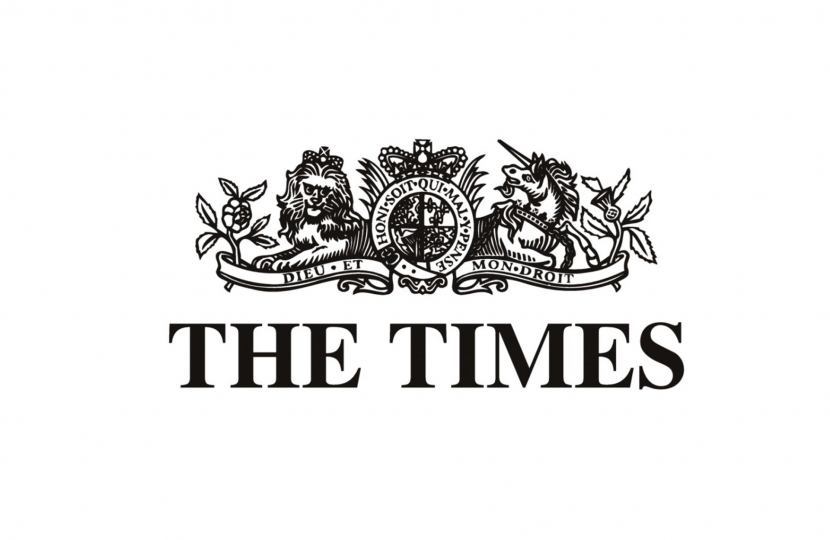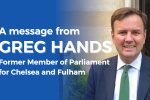
Why a customs union is the wrong choice for MPs
The Times, 27 March 2019
It is March 2021, and the UK has been in a permanent customs union with the EU since the House of Commons made the fateful decision on March 26, 2019 that this was the best future Brexit relationship.
Stanley Bowles, MP for Stoke East, is spending a long-awaited constituency day, speaking with constituents, businesses and campaign groups. He has five appointments, none of which go for him as expected.
First, Potteries Ceramics invite him in to see the factory. Potteries tell their MP that the company is going to the wall because the EU hasn’t bothered with a trade remedy against the dumping of low cost and subsidised Chinese ceramics. Bowles has a letter from the UK ambassador in Brussels. Unfortunately, the EU’s priorities now are defending Dutch and German steel firms. The European ceramics industries have long since offshored their production (ironically to China). The EU has said that they will deal with the ceramics issues of the UK “in due course”.
Second call, Bowles is meeting the Sri Lankan diaspora in Stoke. Several of them are importing garments from Sri Lanka. Unfortunately, the European Commission (where the UK hasn’t had a commissioner since 2019), under pressure from the European parliament (where there have been no UK MEPs since 2019), has cancelled the GSP+ trade preferences for Sri Lanka, after lobbying from Mediterranean textile makers.
Third call is with a campaign group against the new EU-US Trade Agreement, under negotiation between EU Commission President Merkel and US President Trump. The trade agreement looks like TTIP, which was under discussion in 2011-16, and was opposed by Bowles and the Labour Party at the time, due to fears it would give US private health companies access to the NHS. The UK doesn’t have a seat at the table any more, and fears are growing that the EU will try to negotiate away access to European public healthcare systems, which may include the NHS. Bowles pledges to raise it with the UK’s ambassador in Brussels, UKREP.
For his fourth call, Bowles is seeing a growing start-up company in Stoke called SportsLights, which makes high-tech lighting for sport stadiums. Brazil is a key market for them. Unfortunately, the company is losing out to its French rivals, due to the new EU-Mercosur Trade Agreement, which grants French companies more privileged access to Brazilian markets. SportsLights will have to wait for a new, consequential UK-Mercosur trade agreement, which will be the mirror image of the EU one, but is far down the list of priorities for Mercosur, which has already been granted far-reaching access to UK markets, through the EU agreement and the EU-UK customs union.
Things haven’t gone well for Bowles today, but his final meeting is with his local branch of Oxfam. Oxfam are lobbying for better access for goods from Lesser Developed Countries in Africa, like Kenya. They want the UK to lower its tariffs on imported agricultural goods like beans and flowers from Kenya. Bowles explains that this is a decision for Brussels, with no say for the UK, despite the UK being the main European market for Kenyan goods, and despite the UK’s long-standing links with Kenya. Bowles explains that a Bulgarian MP would have more influence over this than he does.
I use this fictional MP and his fictional constituency to illustrate a point. None of the above examples is far-fetched, although they would be unlikely to all occur on the same day. MPs risk voting away their own influence over a big part of UK economic policy — its trade policy. Being in a customs union with the EU is a serious loss of UK sovereignty. And this is not just a theoretical concept. I believe that, over time, this would be democratically unsustainable, for the world’s fifth biggest economy to have its trade policy set by others, and without a seat at the table. I believe it was Senator Elizabeth Warren who coined the phrase, “if you don’t have a seat at the table, you’re probably on the menu.” Nowhere is this truer than in trade policy. Today, MPs should think about the customs union option, and vote to reject it.
Greg Hands is a Conservative MP and former international trade minister

